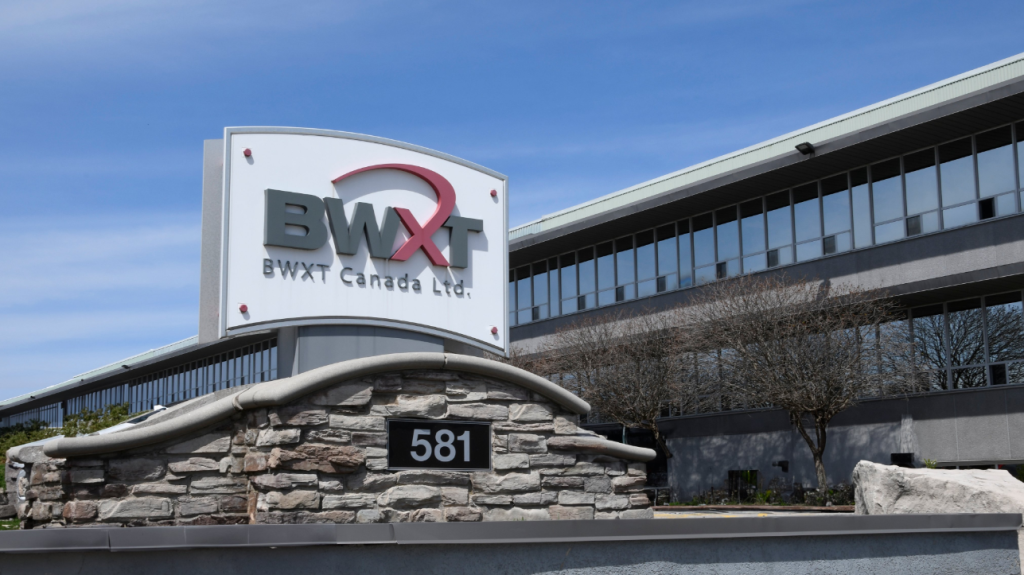Separation anxiety: Tips on how to switch banks but minimize hassle
Posted Sep 18, 2014 11:31:39 AM.
This article is more than 5 years old.
TORONTO – Soured by problems with the bank he had been using for years, Johnny Hollick was looking for a good reason to take his money elsewhere, and a free iPad seemed like the perfect incentive.
One of the other big Canadian banks was offering the tablet device — an incentive used by some big financial institutions to attract new customers — but Hollick said in retrospect he shouldn’t have been enticed by fancy electronics.
“I do regret it,” the Toronto resident said. “If I could go back in time, I wouldn’t have done it.”
Hollick was switching banks because he was dissatisfied with the customer service. It’s a common complaint, but financial advisors say there are more important considerations to make before you pack up your longtime savings and migrate to a new financial institution.
Uprooting your accounts can be an arduous task and without the proper planning it can actually cost you money, with expenses ranging from break fees associated with mortgages to losing interest by cashing out certain investments early.
Even forgetting to update automatic bill payments can be a costly mistake when you find out the wireless and electricity bills weren’t paid on time.
“That’s, by far, the most significant issue that causes Canadians to pause and think hard about whether they want to go through that pain,” said Paul Battista, advisory leader of Canadian Financial Services at EY, the consultancy agency formerly known as Ernst & Young.
“You have to think about all the various expenses and bills you’ve set up.”
Despite the hurdles, many people are still making the move.
Over the last five years, about 4 million Canadians left their primary financial institution to join a competitor, according to a survey released earlier this year by EY. The study also found that 70 per cent of respondents said switching banks was easy.
What’s harder to determine is whether the change actually made a positive impact on their finances, because often it doesn’t, said Aaron Keogh, president of Greendoor Financial Inc. in Windsor, Ont.
Keogh said that’s easily one of the most overlooked factors, and one that he encourages his clients to ask themselves right away.
“I like to know, based on where they’re thinking of going, if they are going to have the same experience at the new bank as they had at their old,” he said.
If you’re migrating your accounts only to face similar interest rates and fees at your new bank, think twice about the entire process. Consider that even if you’re getting lower fees at the new bank, those rates could still increase with little notice.
“We often deal with the banks that our parents dealt with because maybe they opened up an account for us when we were young,” Keogh said.
“If we change banks, we often just change to another bank that gives you the same type of account.”
Hollick found that moving from one major bank to another left him experiencing even more customer service woes.
“Every other week for two months, I got a different call offering me some sort of service,” he said, listing everything from credit and identity theft protection to insurance for critical injuries.
“The calls themselves were really frustrating. They wouldn’t take ‘No’ for an answer.”
But the kicker for Hollick was when the new bank charged him monthly user fees that pushed his account into overdraft status, and froze his transactions, even before a new debit card arrived in the mail. He said bank employees couldn’t explain why it happened.
The fumbles proved this new financial institution wasn’t for him, and Hollick decided he’d rather move his money back to his former bank.
Jumping from one major bank to another typically doesn’t offer a significantly different experience, and that’s why Keogh suggests Canadians look beyond the big financial institutions that dominate the landscape.
“There are some great specialty accounts provided by boutique banks,” he said. “Some of these accounts assist them in maximizing their cashflow capabilities.”
Examples of alternatives include Manulife’s high-interest Advantage Account or services offered by financial professionals through B2B Bank, he said.
Most people leave a huge chunk of their paycheque sitting in their accounts for up to 20 days before its used to pay a bill, Keogh said.
“That money should be put to work,” he said. “Your chequing account should be paying top interest. Think about the lost savings.”
Credit unions offer another alternative that some Canadians find appealing because clients are members of the organization that own a stake in its future, and the business model tends to emphasize the banking experience.
However, most credit unions lag behind the big banks when it comes to online banking tools and, with fewer branches, users sometimes say they’re paying extra service fees to withdraw cash from the nearest banking machine, which is often owned by a major bank.
Before deciding where to go, it’s always best to consult a financial planner who can help you decide which options best fit your needs. In many cases, you still may find your current bank is basically offering you the same options as everyone else, which means it probably isn’t worth the hassle to switch.
“If we said service is equal all over, generally, then why be with this institution over that one?” Keogh said.
“There’s got to be a compelling reason.”
– Follow @dj_friend on Twitter.










